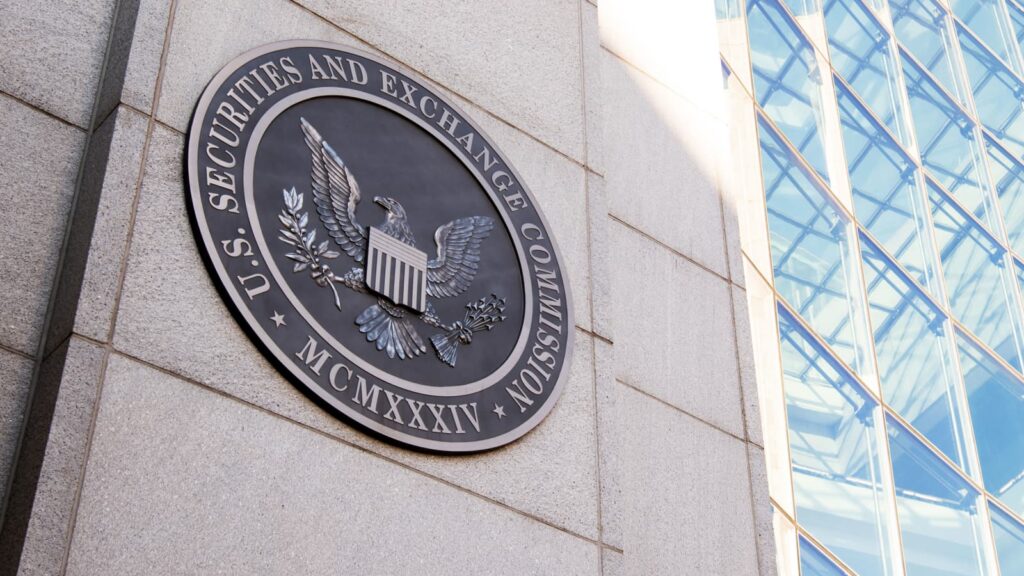Bullish SEC could turn early investors into multi-millionaires, like Shiba Inu (SHIB) and Dogecoin (DOGE) did.
Bullish SEC (BULLSEC), a new Solana memecoin that was launched today, is set to explode over 11,000% in price in the coming days.
This is because BULLSEC is set to soon be listed on numerous crypto exchanges, according to reports.
This will give the Solana memecoin exposure to millions of additional investors, who will pour funds into the coin and drive its price up.
Currently, Bullish SEC can only be purchased via Solana decentralized exchanges, like Jup.ag and Raydium.io, and early investors stand to make huge returns in the coming days.
Early investors in SHIB and DOGE made astronomical returns, and Bullish SEC could become the next viral memecoin.
Bullish SEC launched with over $9,000 of liquidity, giving it a unique advantage over the majority of other new memecoins, and early investors could make huge gains.
How to Buy
To buy Bullish SEC on Raydium.io or Jup.ag ahead of the CEX listings, users need to connect their Solflare, MetaMask or Phantom wallet, and swap Solana for Bullish SEC by entering its contract address – cz6tp6TPE2zd77iqbrTCD9q4aiZJjUZ4AwpvyZqzsWG – in the receiving field.
If you don’t have one of these wallets already, you can create a new wallet in a few minutes and transfer some Solana to it (which will then be used to buy the memecoin), from an exchange like Coinbase, Binance and many others.
In fact, early investors could make returns similar to those who invested in Shiba Inu (SHIB) and Dogecoin (DOGE) before these memecoins went viral and exploded in price.
If this happens, a new wave of memecoin millionaires could be created in a matter of weeks – or potentially even sooner.
The Solana memecoin craze continues amid larger memecoins, like Shiba Inu (SHIB), Dogecoin (DOGE), and DogWifHat (WIF) trading sideways in recent weeks and losing momentum.
This is why many SHIB, DOGE, and WIF investors are instead investing in new Solana memecoins, like BULLSEC.
Such memecoins have no utility and no inherent value, but investors looking for high gains have been investing in them due to their potential to rapidly rise in price.







